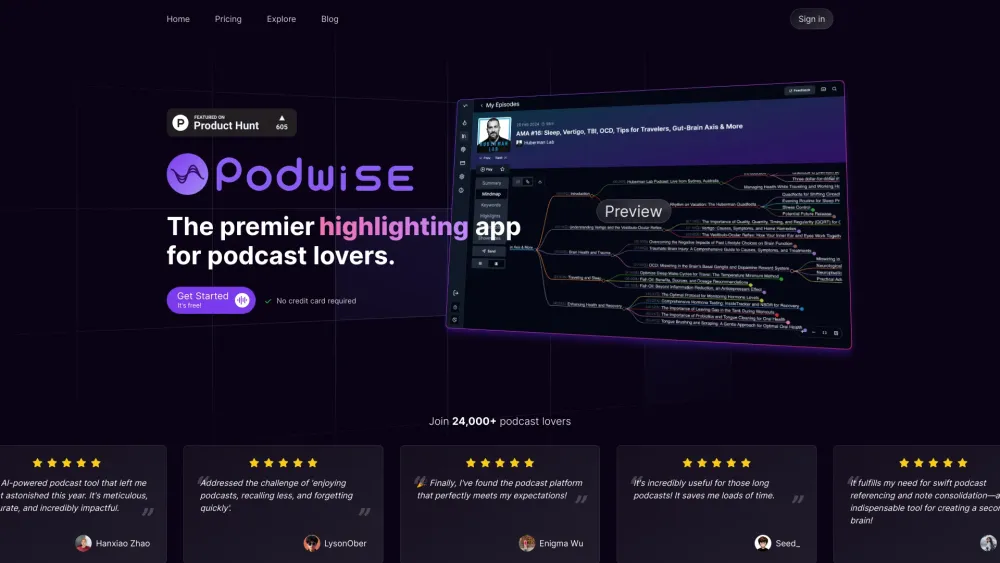Two scientists, Geoffrey Hinton, professor emeritus at the University of Toronto, and John Hopfield, professor at Princeton University, have been awarded the Nobel Prize in Physics for their groundbreaking contributions to machine learning. Their research has paved the way for significant advancements in artificial intelligence, as noted by the Nobel committee at the Royal Swedish Academy of Sciences.
Since the 1980s, Hinton and Hopfield's work has been instrumental in developing artificial neural networks—computational models inspired by the human brain's structure. These networks learn from data, enabling AI tools to recognize complex patterns. Their innovations underlie many of today's most notable AI applications, including language generation and image recognition.
Hinton, often referred to as the "Godfather of AI," expressed his surprise and honor at receiving the award. He has recently voiced concerns about the potential risks associated with AI technology, stating, "It is hard to see how you can prevent the bad actors from using it for bad things." His apprehensions led him to leave his position at Google in 2023, emphasizing the need to address these issues openly.
The Nobel committee credited Hinton for his work on the Boltzmann machine, a generative model he developed with colleagues in the 1980s. This machine can classify images and create new examples based on training data using concepts from statistical physics.
Hinton's research builds upon John Hopfield's development of the Hopfield network, which can reconstruct patterns from distorted or incomplete images. This network utilizes principles of physics related to atomic spin, allowing it to methodically update values to find stored images that closely match the input.
In a recent conversation with reporters, Hinton reiterated his concerns regarding AI, highlighting that humanity has no prior experience with entities that exceed our intelligence. He acknowledged the potential benefits of AI but stressed the importance of addressing its possible adverse consequences, particularly the risk of losing control over advanced technologies.




